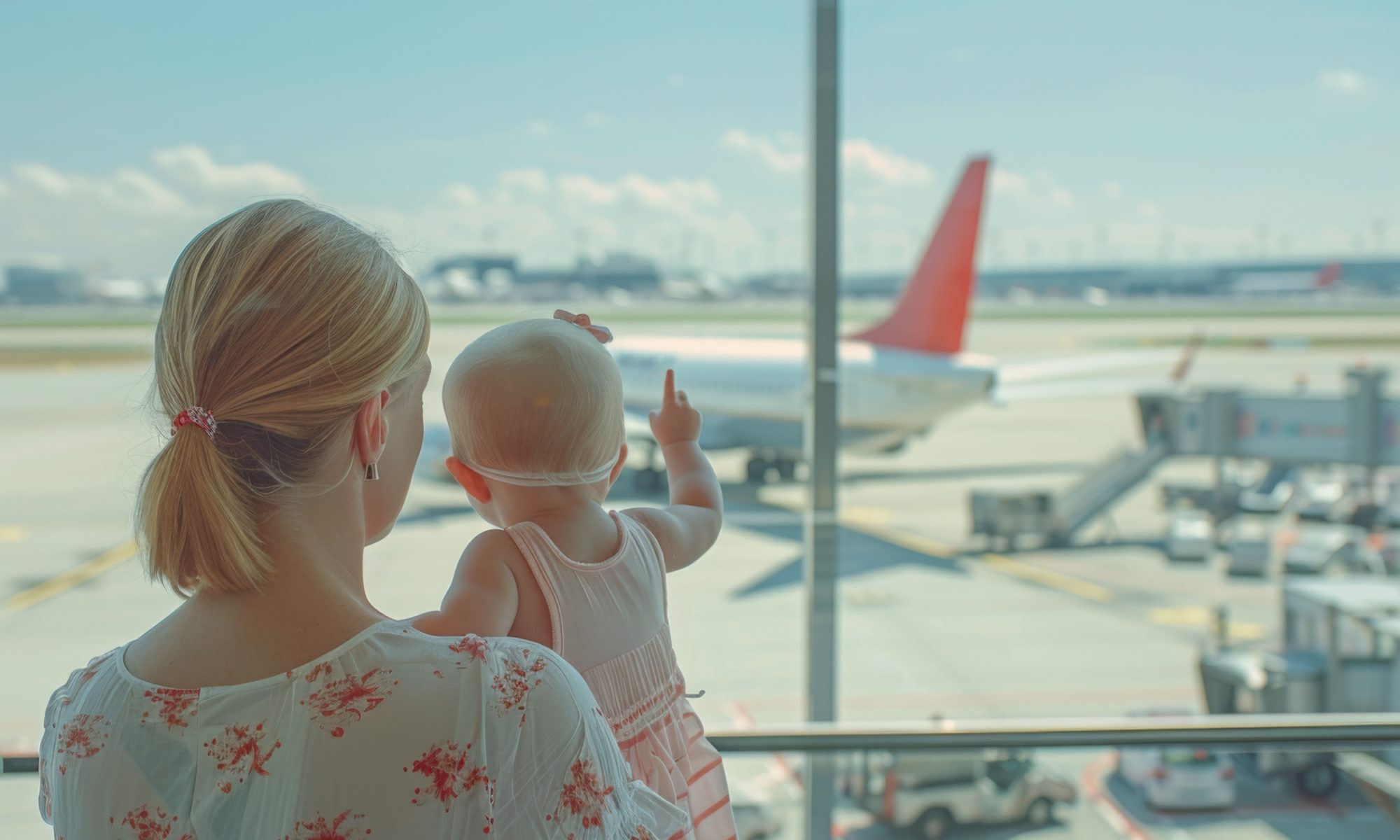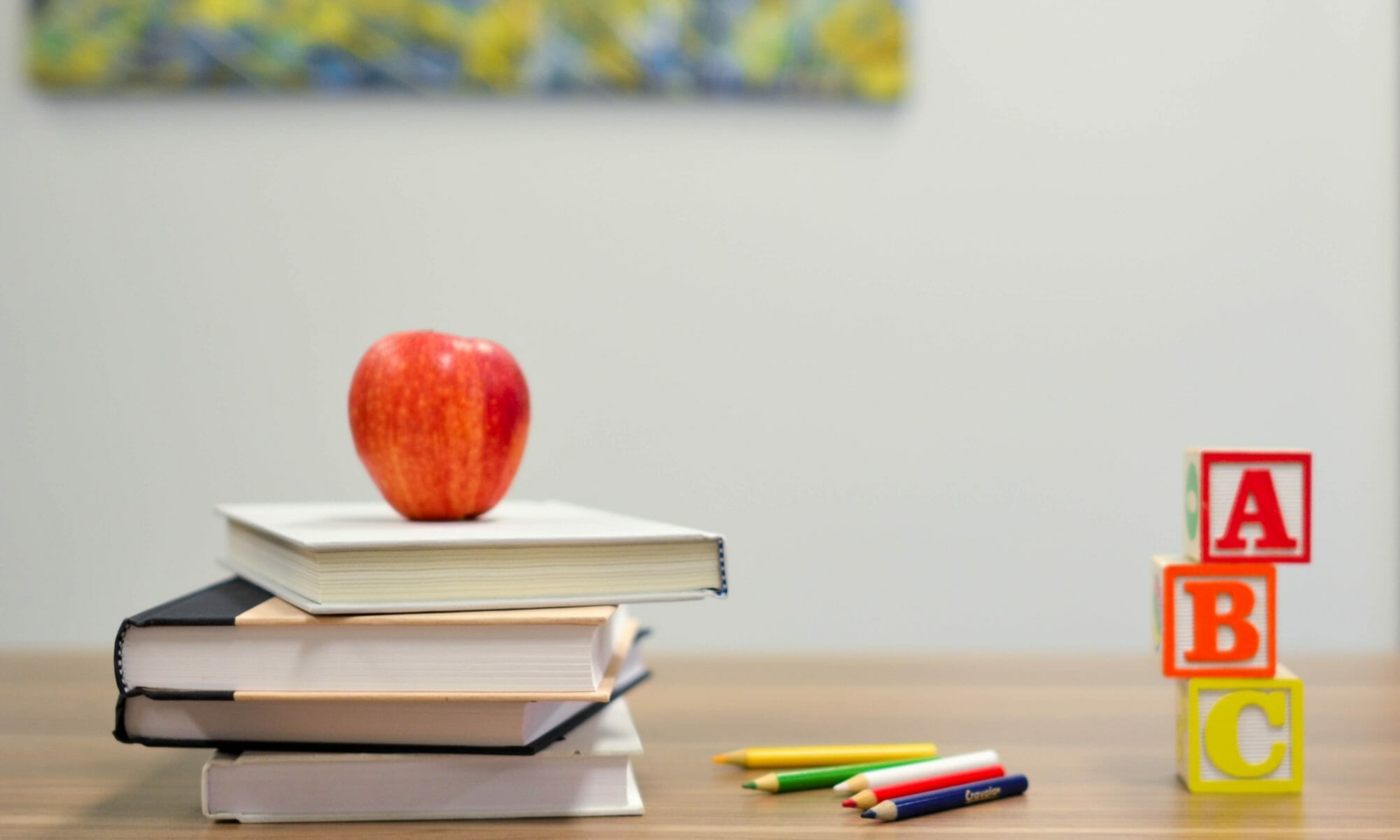A custody schedule isn’t something that stays the same forever, especially after a divorce. As your child grows and life changes, your custody plan might need a little tweaking. It’s all about finding what works best for your child’s evolving needs. In this article, we’ll dive into how to modify a 70/30 custody arrangement as your child gets older.
Today, we’re going to cover the reasons you might need to make changes, tips for modifying the schedule, and the legal steps involved.
Why You May Need to Change a 70/30 Custody Schedule as Your Child Grows
- As kids get older, their emotional and social needs shift. A 70/30 split may not work if they need more stability or more time with one parent, especially during school years or teenage activities.
- With school, sports, and other activities, your child’s schedule will get busier. If one parent is farther away or has a more rigid schedule, a 70/30 split may not work well. Adjusting custody can help both parents stay involved in their child’s life.
- Your child might want to spend more time with the other parent as they grow. If they’re asking for more time with them, it might be time to rethink the arrangement for a more balanced schedule.
- A 70/30 split may cause disruptions in your child’s routine; a more balanced schedule can bring greater stability.
- If either parent’s work situation, new relationship or living circumstances change, it might make sense to adjust the custody schedule. A more flexible arrangement can accommodate new circumstances and support your child’s well-being.
- If co-parenting becomes easier, you might find that a 60/40 or even 50/50 split is better for your child. However, if things aren’t going well, reducing time spent between homes may ease tension.
- As your child gets older, their preferences may change, and it’s important to listen and adjust the schedule accordingly.
- In cases of parental conflict or difficulty co-parenting, the court might decide to modify custody arrangements to better address the child’s emotional needs.
Ways to Modify a 70/30 Custody Schedule as Your Child Grows
As your child’s needs evolve, it’s a good idea to consider modifying the custody schedule. Here are some ways you can make that adjustment:
- Increase Time with the Non-Custodial Parent
As kids get older, they often benefit from spending more time with the parent they don’t live with full time. Modifying the schedule to something like a 60/40 or 50/50 split might work better depending on your child’s needs and preferences. - Adjust Based on School Year and Holidays
You can adjust the custody schedule to fit school breaks, holidays, and any special school activities. For example, your child might want to spend more time with one parent during summer or winter holidays. Flexibility in the schedule can help both parents accommodate their child’s academic and social life. - Create a More Consistent Routine
Once your child enters middle or high school, consistency becomes more important. Rather than a 70/30 schedule that requires constant transitions, a more stable living arrangement could be beneficial. This might mean longer stays with one parent during the school year, with frequent weekend or vacation visits to the other parent. - Allow for the Child’s Input
As children get older, they often have their own ideas about how they want to spend their time. Listening to their preferences is important when adjusting the schedule. While it’s not all about what your child wants, their input can help ensure that the schedule works for everyone. - Incorporate Flexibility for Changing Needs
Life is full of surprises. Work schedules, school events, or family situations can change unexpectedly. A flexible arrangement allows both parents to adapt without adding stress. Whether one parent needs to travel for work or the child’s schedule changes, flexibility can make everything run smoother. - Promote Co-Parenting Cooperation
Effective communication is key when modifying a custody schedule. Both parents should discuss the child’s needs and how the schedule can best support them. If disagreements arise, mediation can be a helpful tool to work through differences and come to an agreement.
The Legal Process for Modifying 70/30 Custody
To change your 70/30 custody schedule, start by checking your original agreement to see if changes are allowed. Then, file a petition in family court, explaining why you want to adjust the schedule and provide any proof.
If needed, you’ll go to mediation to work things out, and if that doesn’t work, the case will go to court. You’ll need to show there’s been a big change, like your child’s needs shifting or changes in your situation.
Finally, the judge will decide what’s best for your child and may approve, deny, or modify the schedule.










